
By Monica Evans
In May this year, scientists from around the world will meet in Kyoto, Japan, to hash out the details of measuring emissions levels in the 49th session of the Intergovernmental Panel on Climate Change (IPCC). Meanwhile, a group of experts brought together by the Global Landscapes Forum will gather in the very same conference center to discuss the best possible actions to help keep them in check.
More than 250 international delegates will meet for a Global Landscapes Forum (GLF) event to focus their attention on sustainable landscapes, and share on-the-ground solutions for a climate-smart future. Thousands more will join a 24-hour digital edition broadcast, which will include a livestream from the venue, as well as a selection of digital summits and an eclectic array of videos .
Amid international worries over the prospects for keeping global warming 1.5°C below pre-industrial levels, after the IPCC’s most recent assessment, the GLF event, entitled “Climate, Landscapes and Lifestyles: It is Not Too Late,” will focus on practical responses that are already within reach, with a view to bolstering the hope and optimism that’s required to bring about unified change across the globe.
The opening plenary will feature Robert Nasi, director general of the Center for International Forestry Research (CIFOR) and a special youth delegate. The session will explore how rights-based landscape solutions can be designed to deliver benefits for rural communities, the global green economy and the planet as a whole.
Indigenous people’s rights are particularly important in this context, given that 60 to 80 percent of the world’s biodiversity is located in their territories. In a panel discussion moderated by Janene Yazzie, co-convenor of the Indigenous Peoples’ Major Group on Sustainable Development (IPMG), speakers will hone in on how to embed indigenous rights in the necessary transition from fossil fuels to renewable energy.
A panel discussion on peatlands hosted by the International Tropical Peatland Center (ITPC) and the Kyoto-based Research Institute for Humanity and Nature (RIHN) seeks to draw greater recognition to their substantial contributions, and apply a special focus on local Japanese foodscapes.
In many parts of the world, Indigenous Peoples – who hold 60 to 80 percent of the world’s biodiversity in their territories – are at the forefront of demanding and developing these kinds of approaches. In a panel discussion moderated by Janene Yazzie, co-convenor of the Indigenous Peoples’ Major Group on Sustainable Development (IPMG), speakers will hone in on how to center indigenous rights in the necessary transition from fossil fuels to renewable energy.
“The courage of indigenous peoples, on the frontlines of climate change impacts…[is] challenging all peoples to build more just, sustainable, holistic and equitable systems of landscape governance, that empower the most marginalized while restoring and protecting our precious ecosystems,” she says.
Halting and reversing tropical deforestation could deliver up to 30 percent of the emissions reductions required to keep warming under 1.5°C. In a plenary hosted by the UN program for reducing emissions from deforestation and forest degradation (UN-REDD), speakers will explore the potential for deforestation-free supply chains to help keep forests standing. They will also explore ways to mobilize finance for jurisdictional approaches to REDD+ and low-emissions development, while a panel discussion will explore the contribution of forests to the Sustainable Development Goals (SDGs).
Also with an eye to the bigger picture, an FAO-hosted panel discussion on integrated landscape approaches will explore key triggers and barriers to transformational change across complex landscapes, in order to support countries’ efforts to develop their climate strategies and reach their nationally-determined contributions to emissions reductions.
In a closing plenary will feature Ugandan farmer, mother and climate activist Constance Okollet and other speakers will bring things back to the personal, by focusing on the lifestyle changes we can all adapt to support life-changing transformations in landscapes across the globe.
All the action and more can be found online: and then some. Mary Robinson – former president of Ireland and climate justice campaigner – will appear via digital broadcast. Robinson has described climate change as “the moonshot of our generation,” and is well-known for her resolute hopefulness in the face of this challenge.
Yazzie shares this attitude. She acknowledges that “sometimes, especially when conscious of the reality of what a short timeline we have to change our future, this fight feels like a losing battle, because of the enormous power that extractive industries hold when it comes to international and domestic energy and climate policy.”
“But I maintain hope because the only power that really matters in this fight is something that cannot be bought and sold; it’s the power of people to wake up each day committed to making a difference,” she adds.
Learn more about GLF Kyoto, 13 May 2019 here.



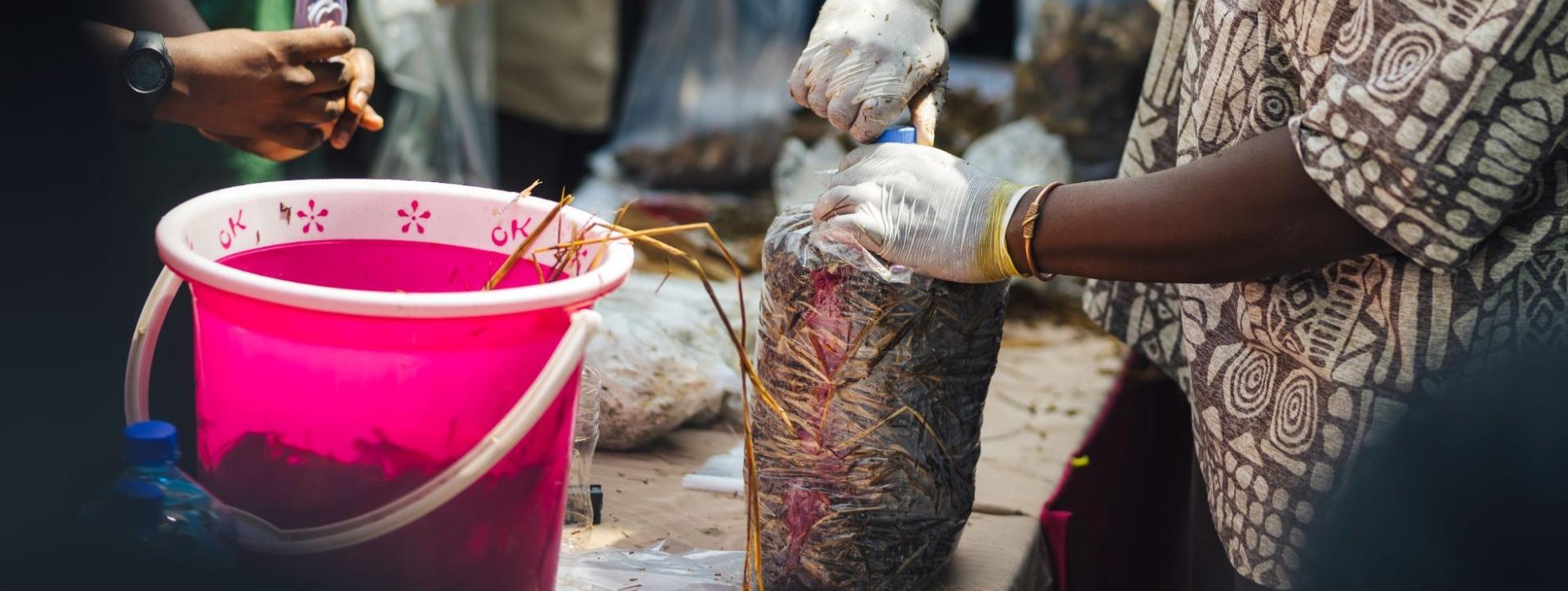
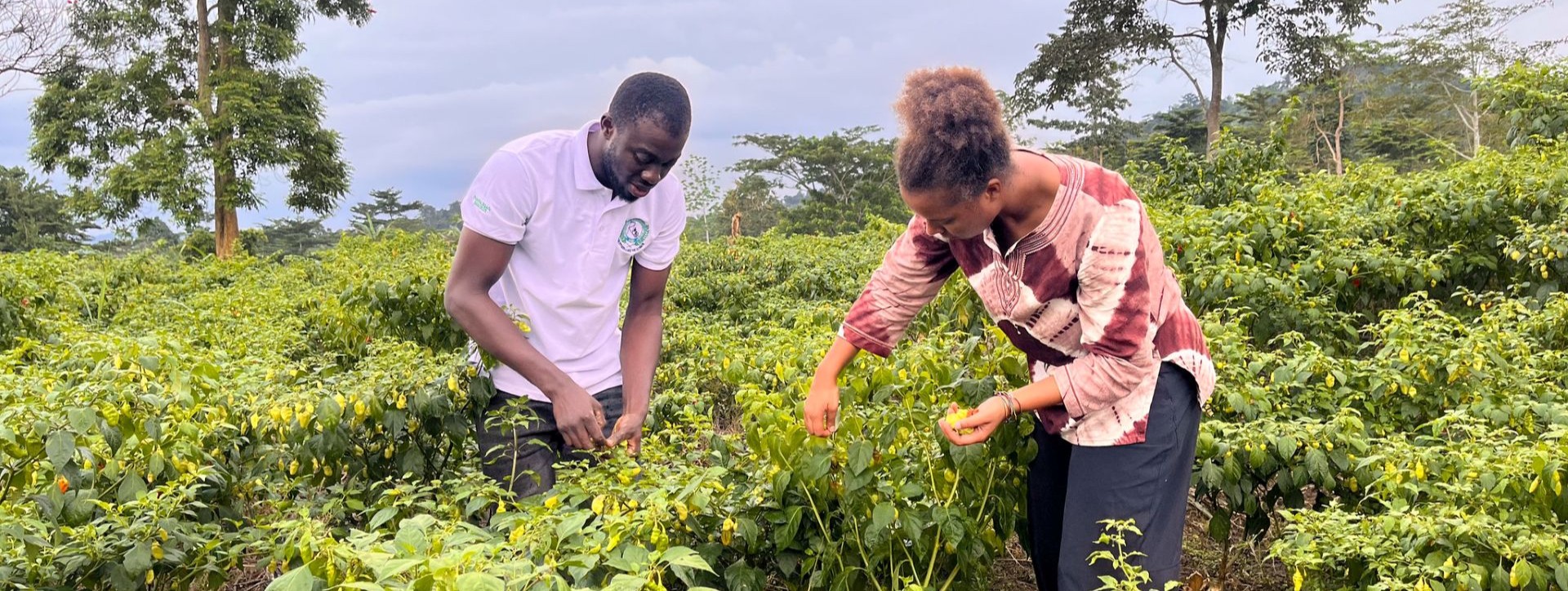
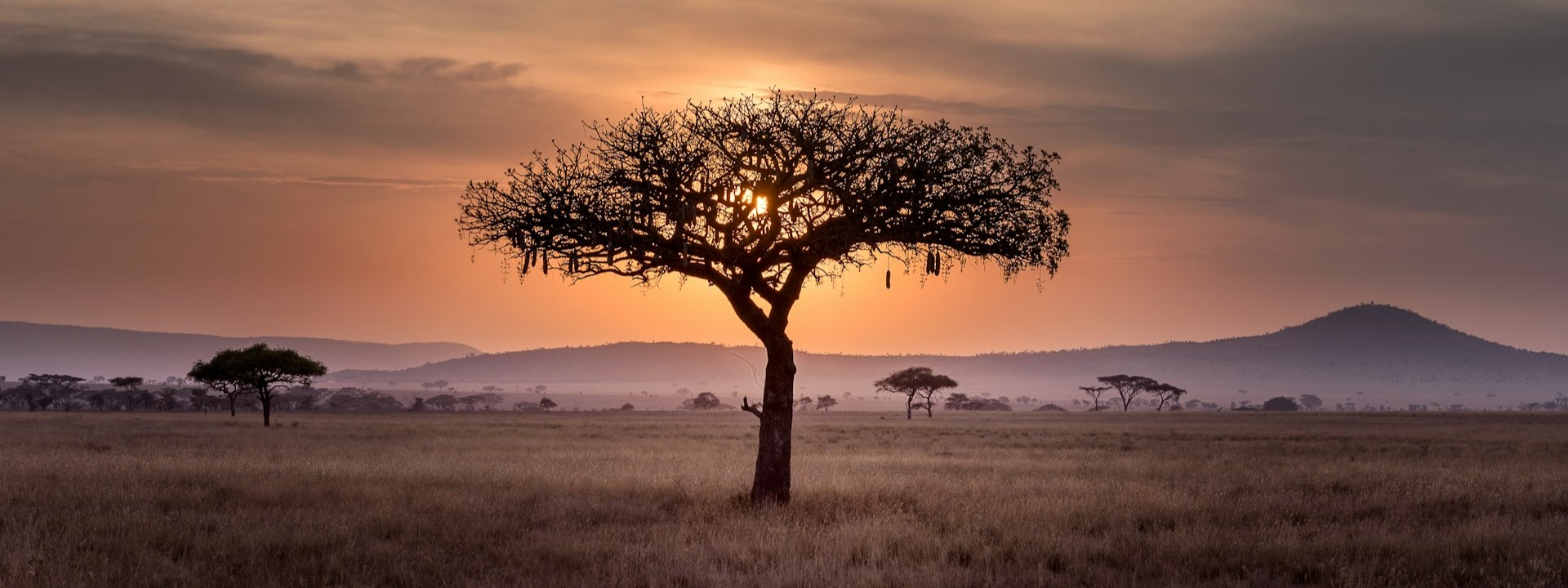
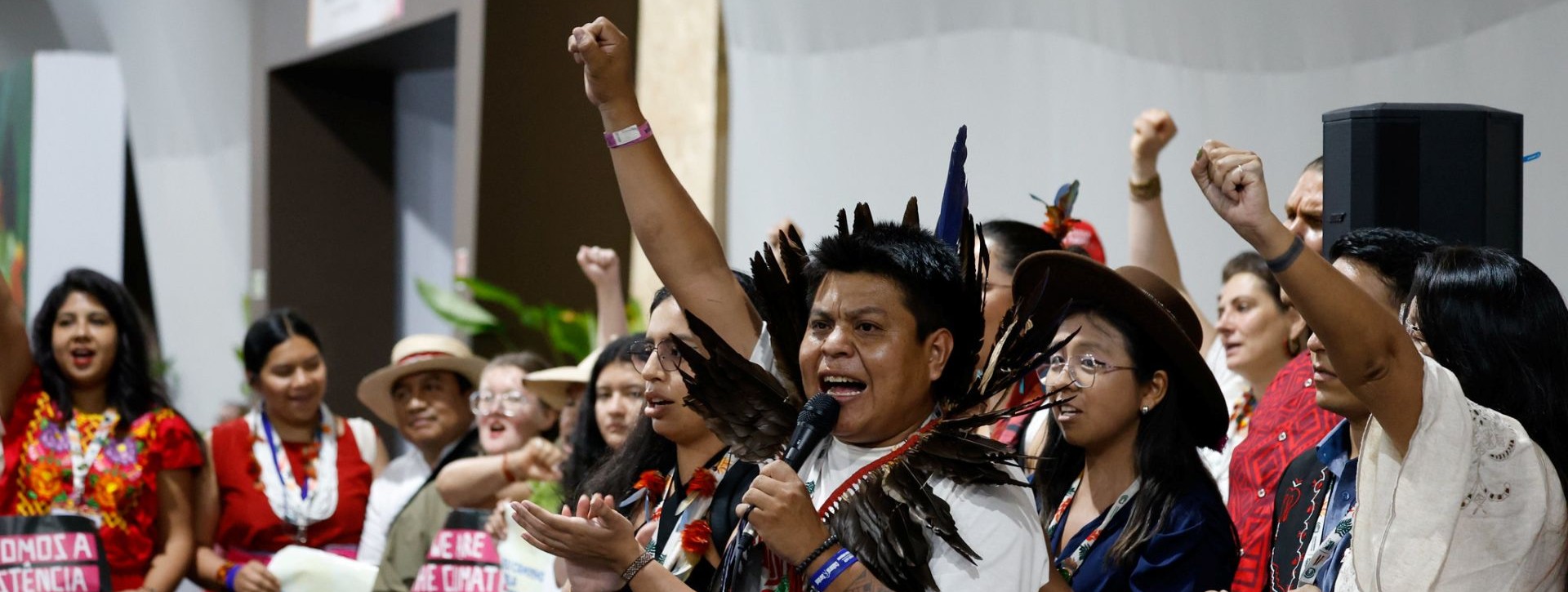
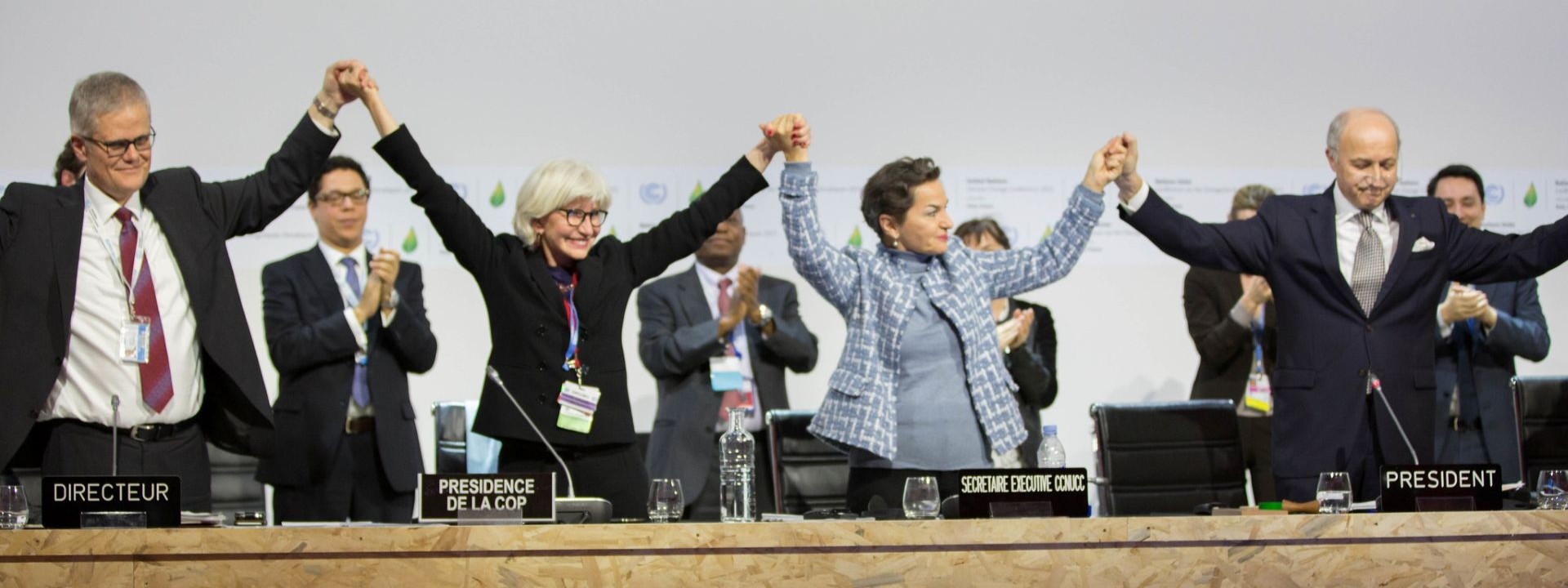
Share your thoughts with us